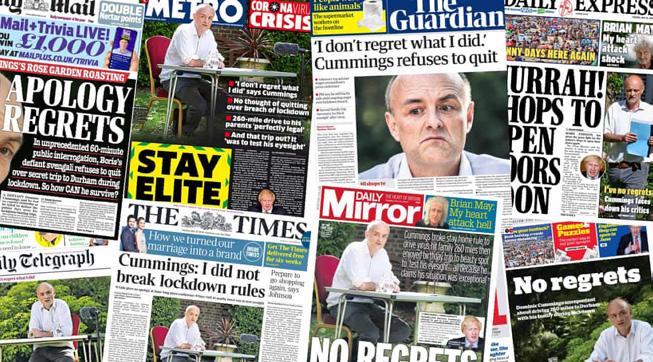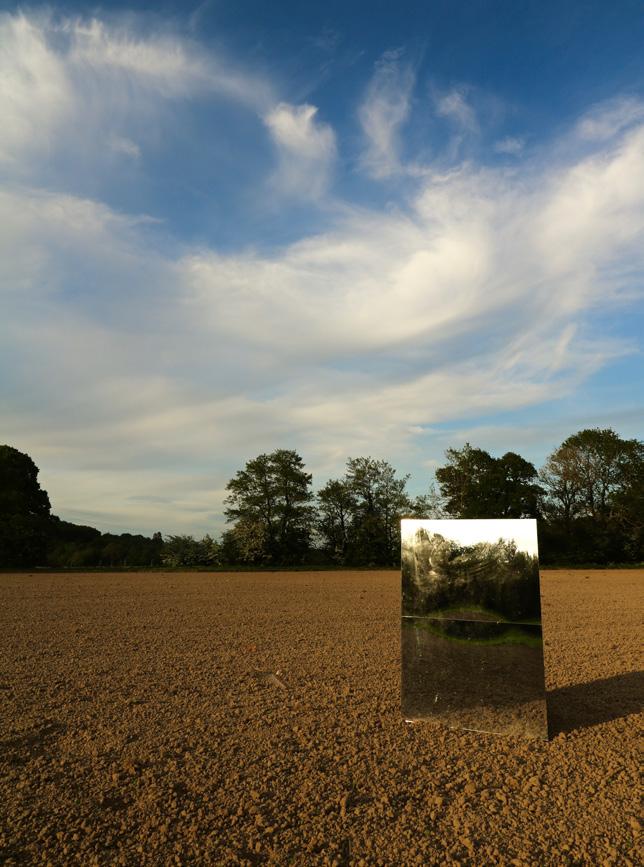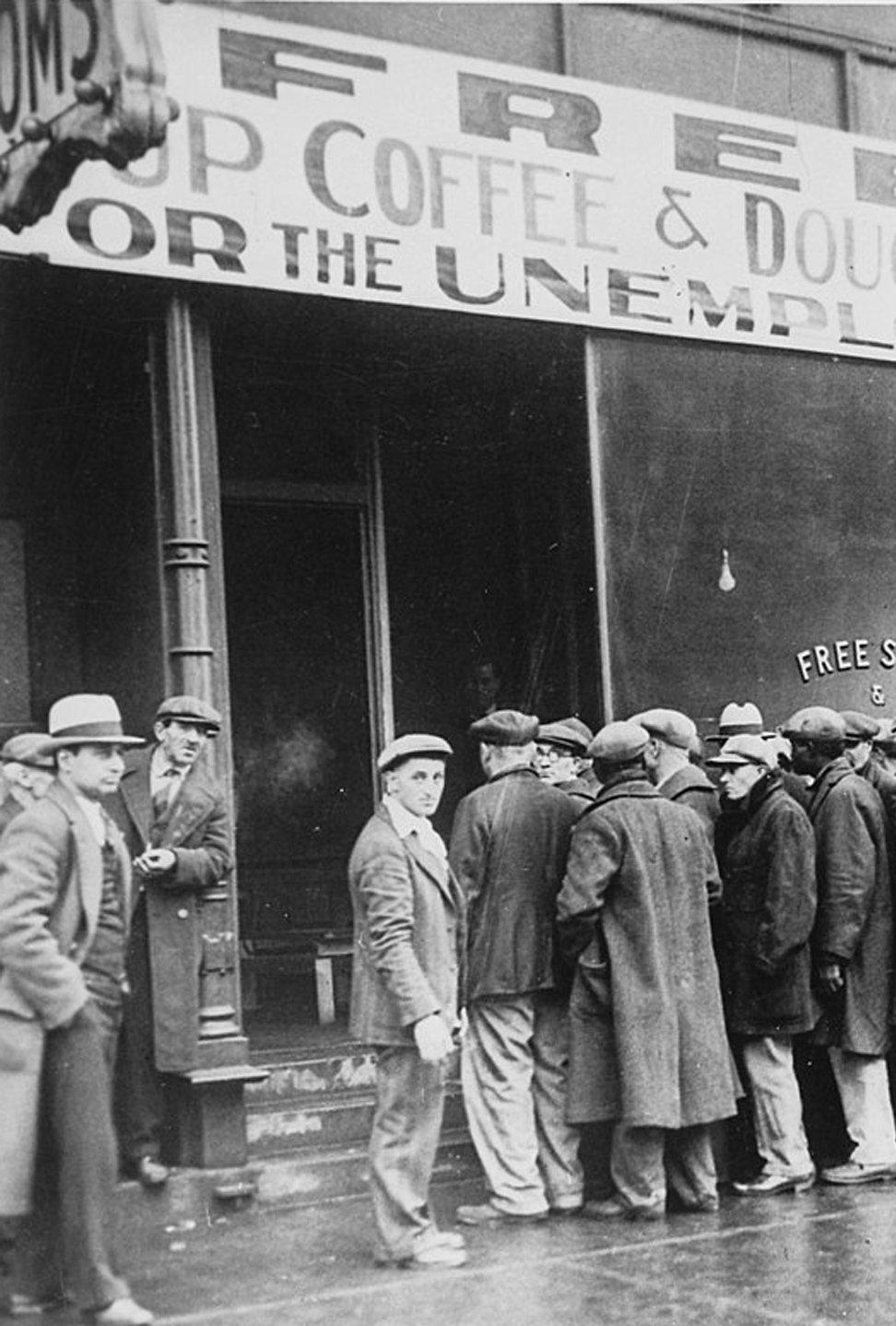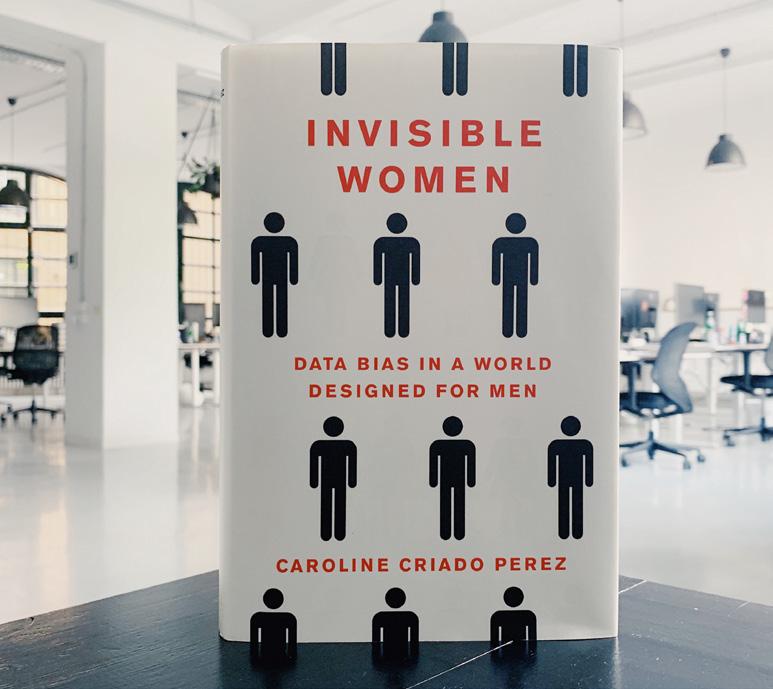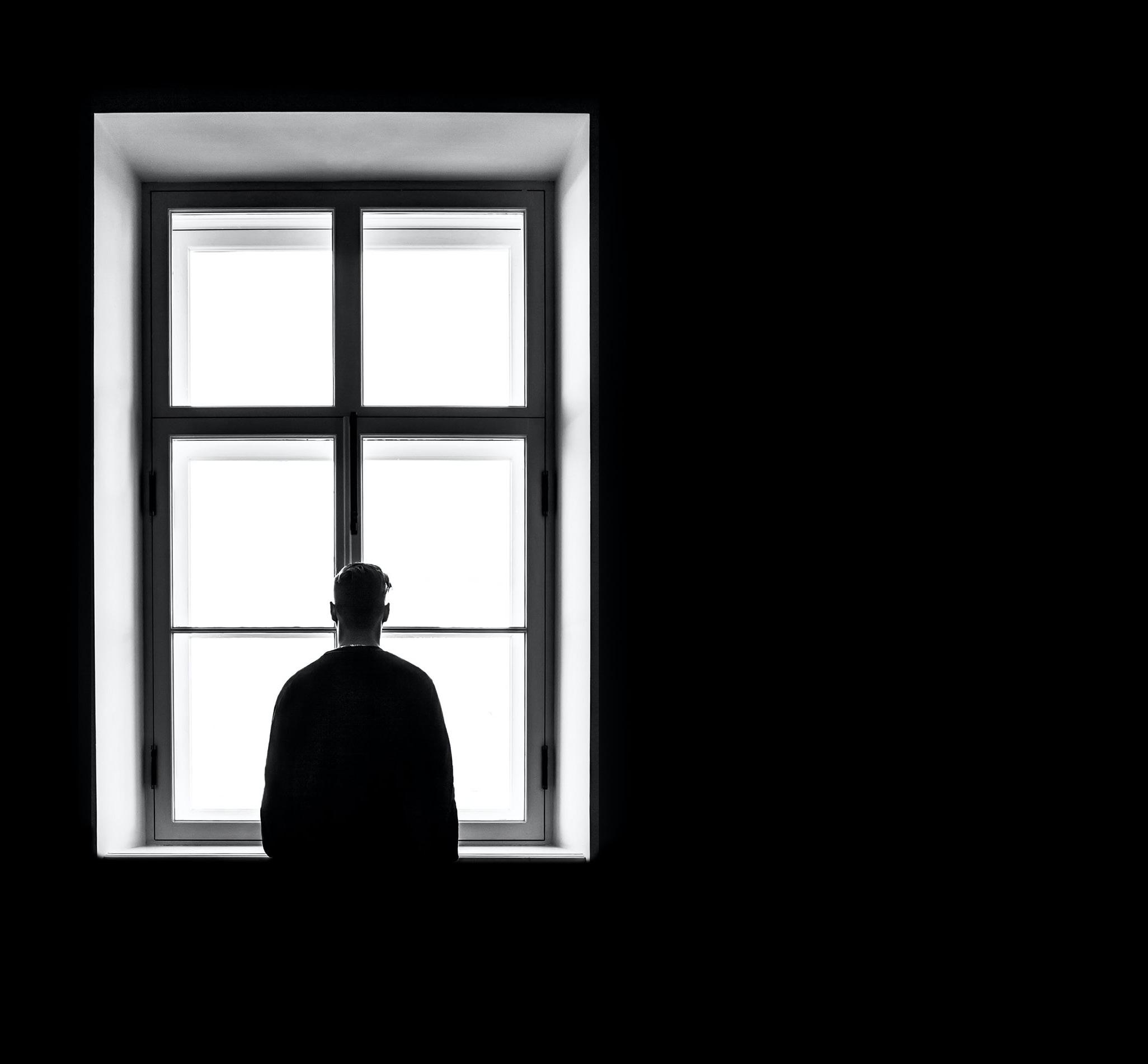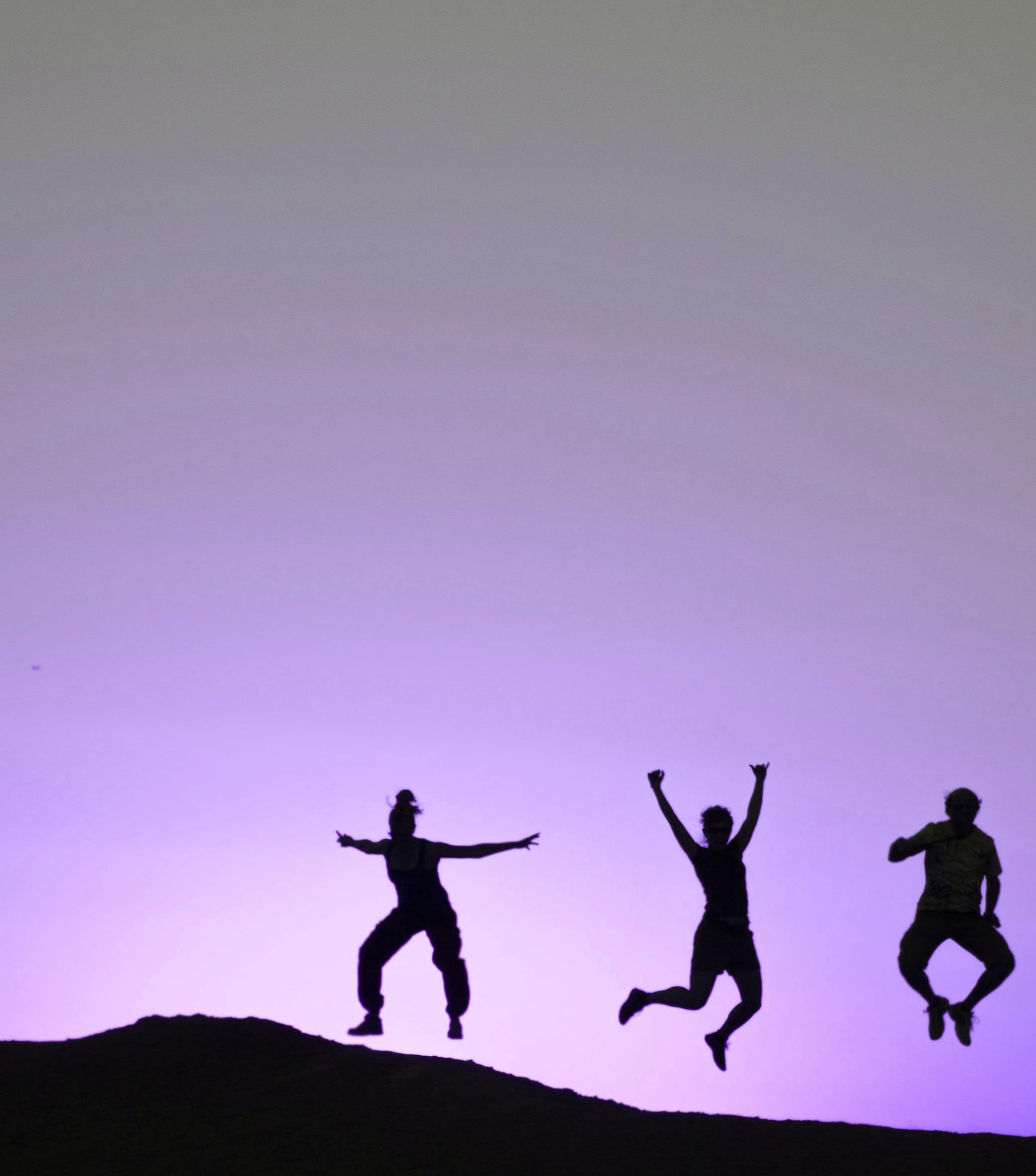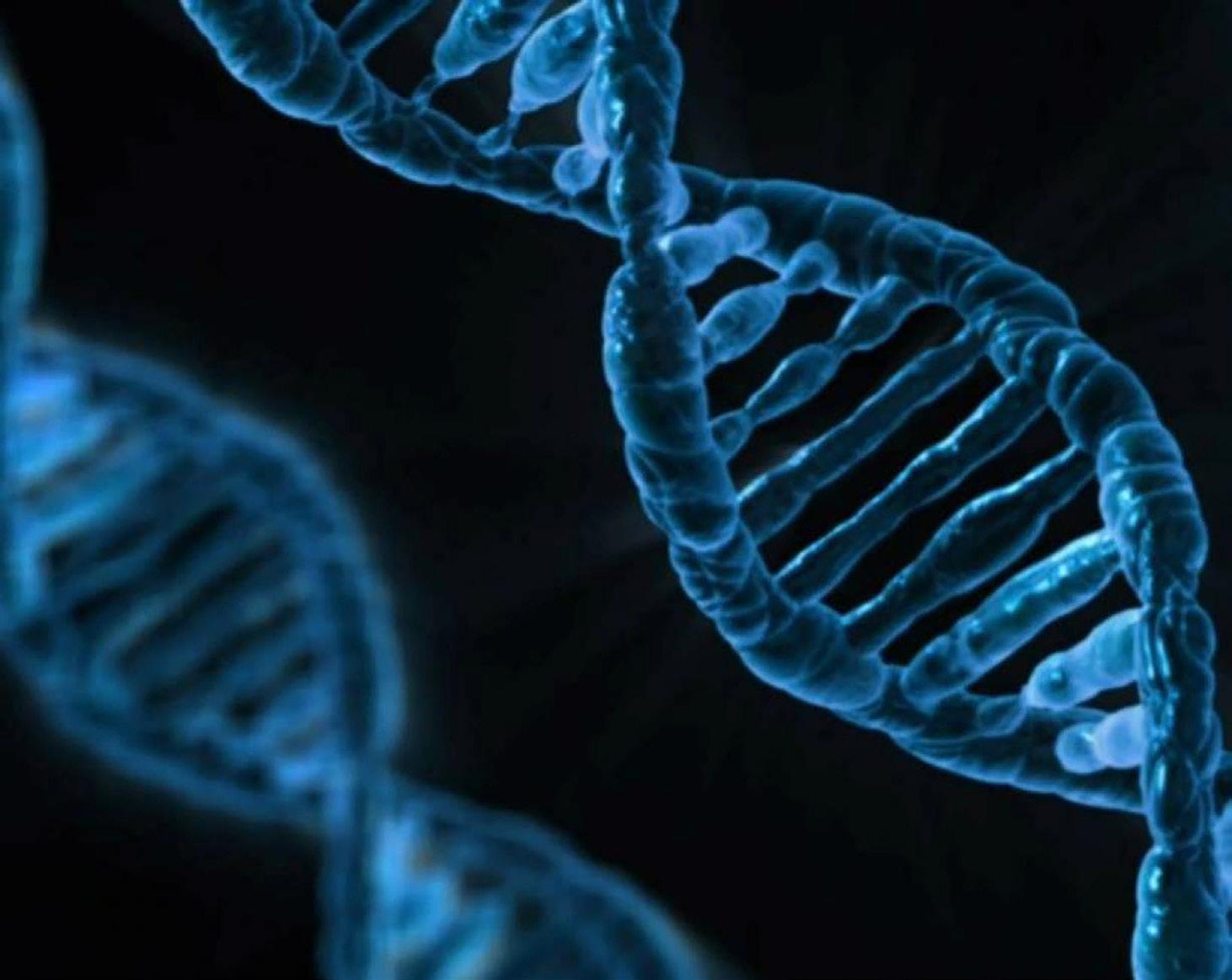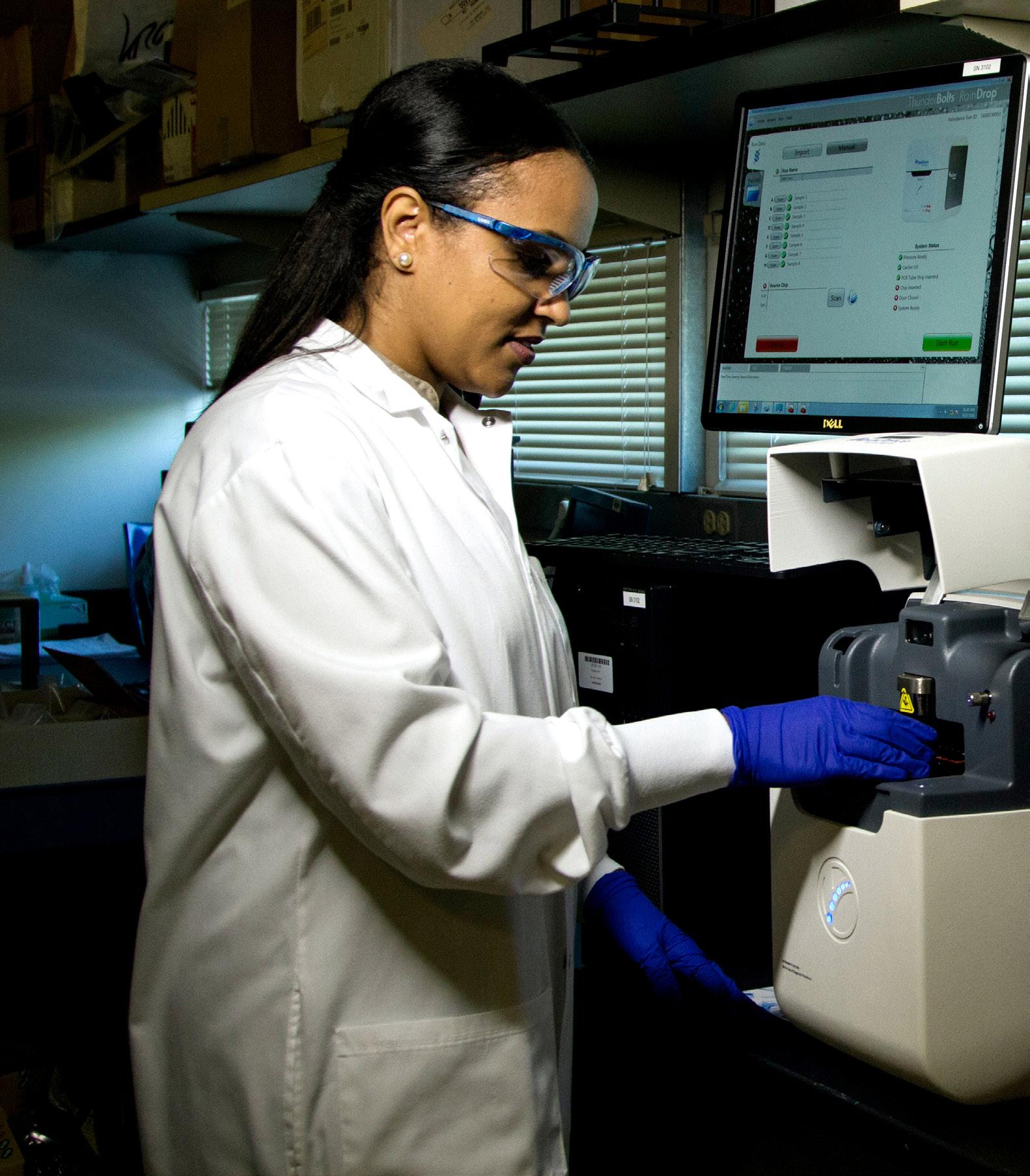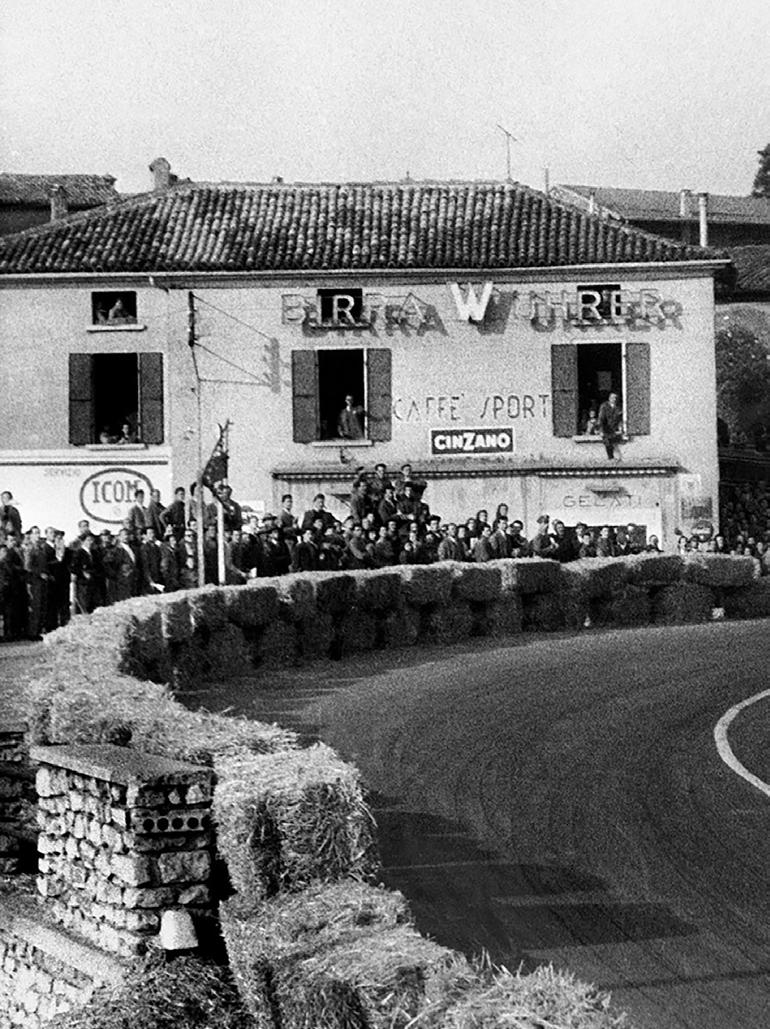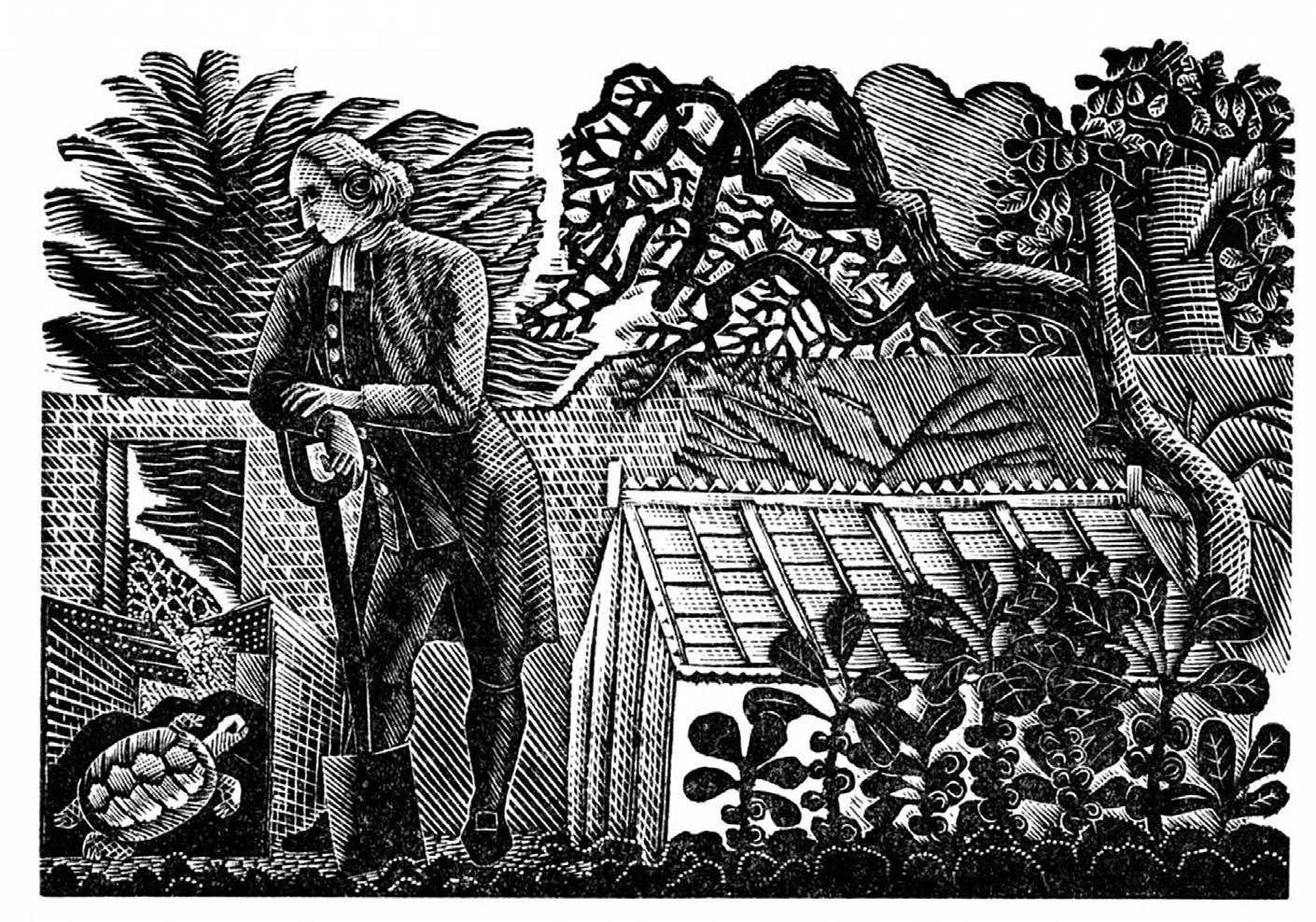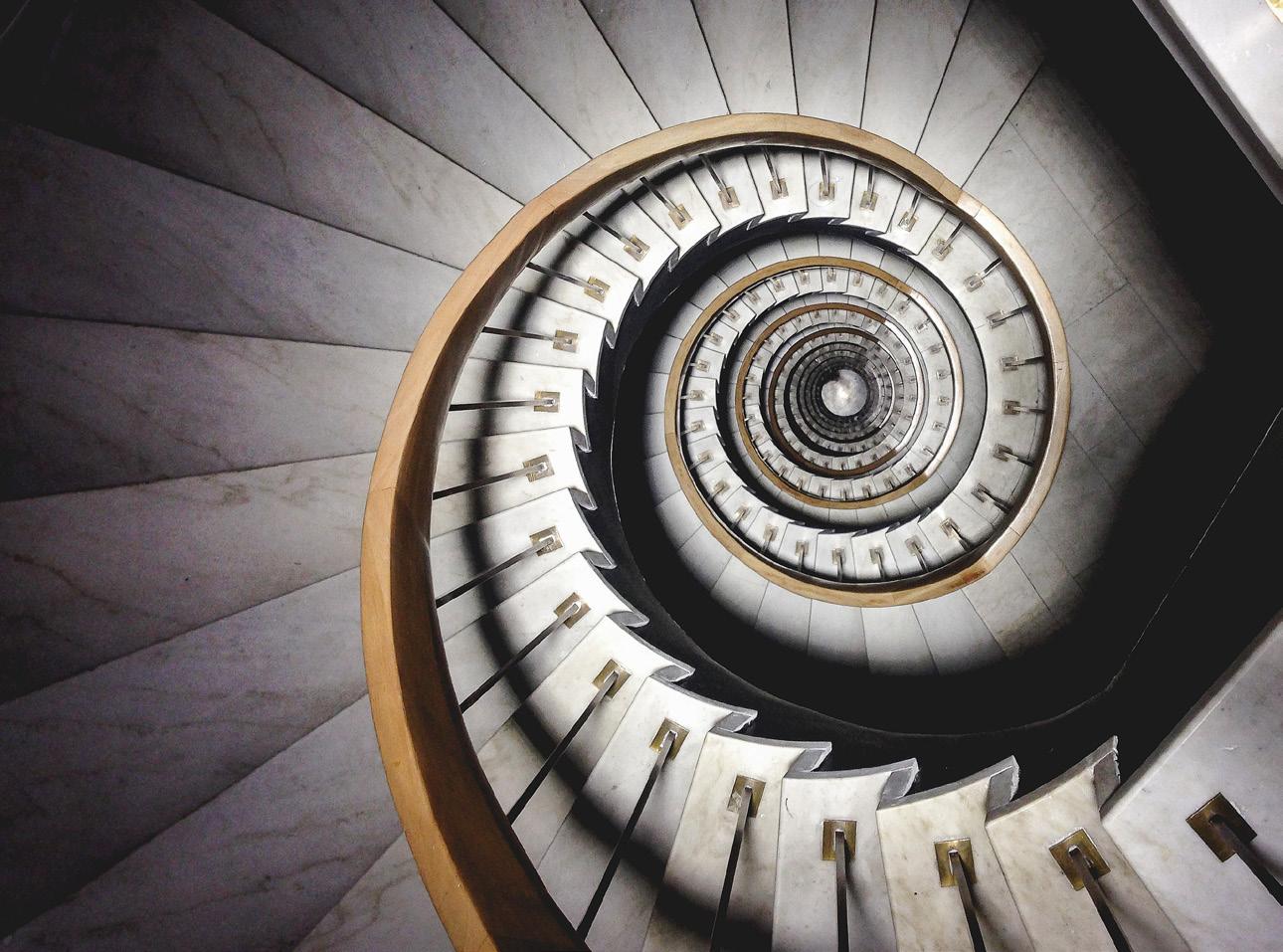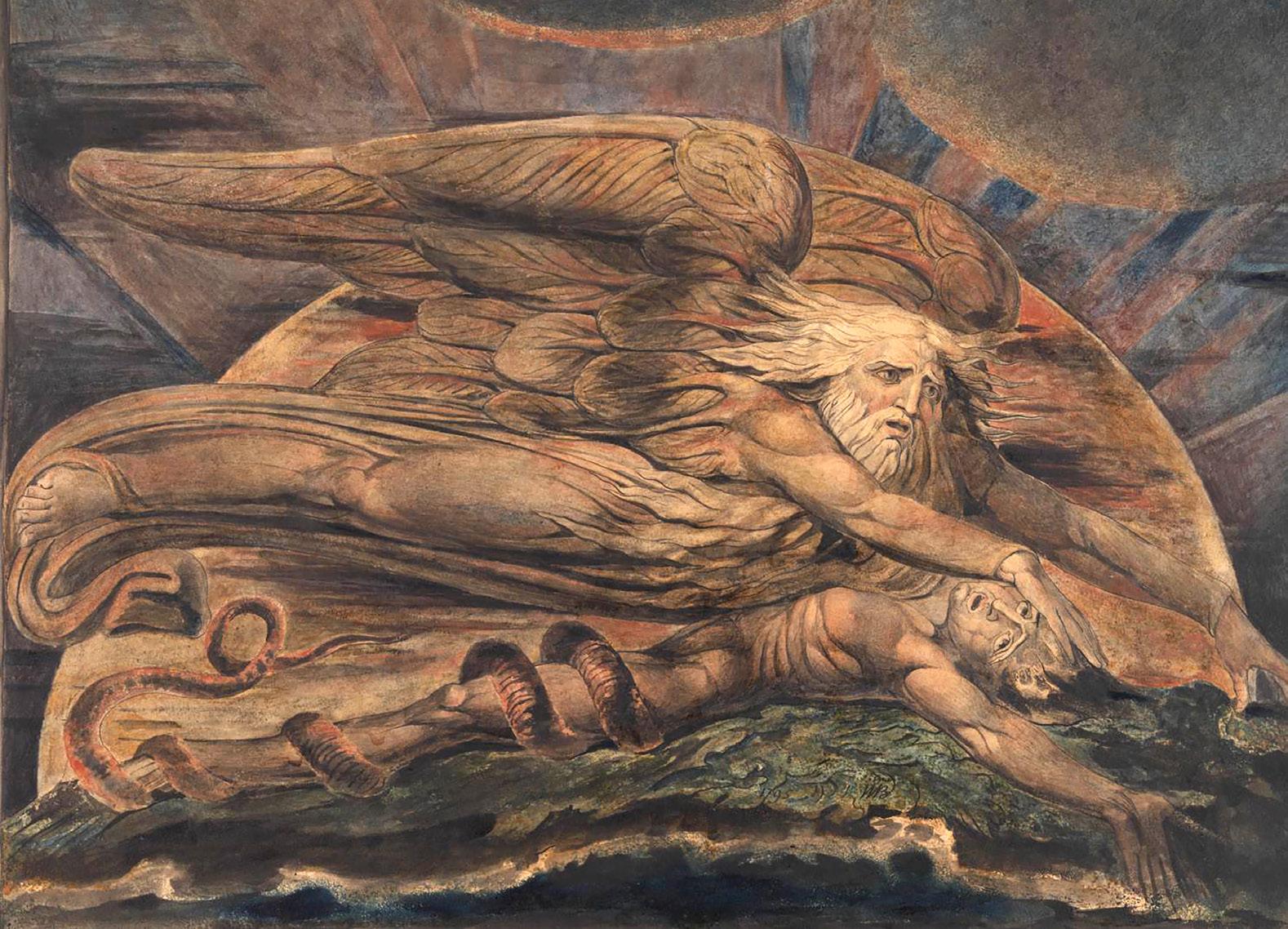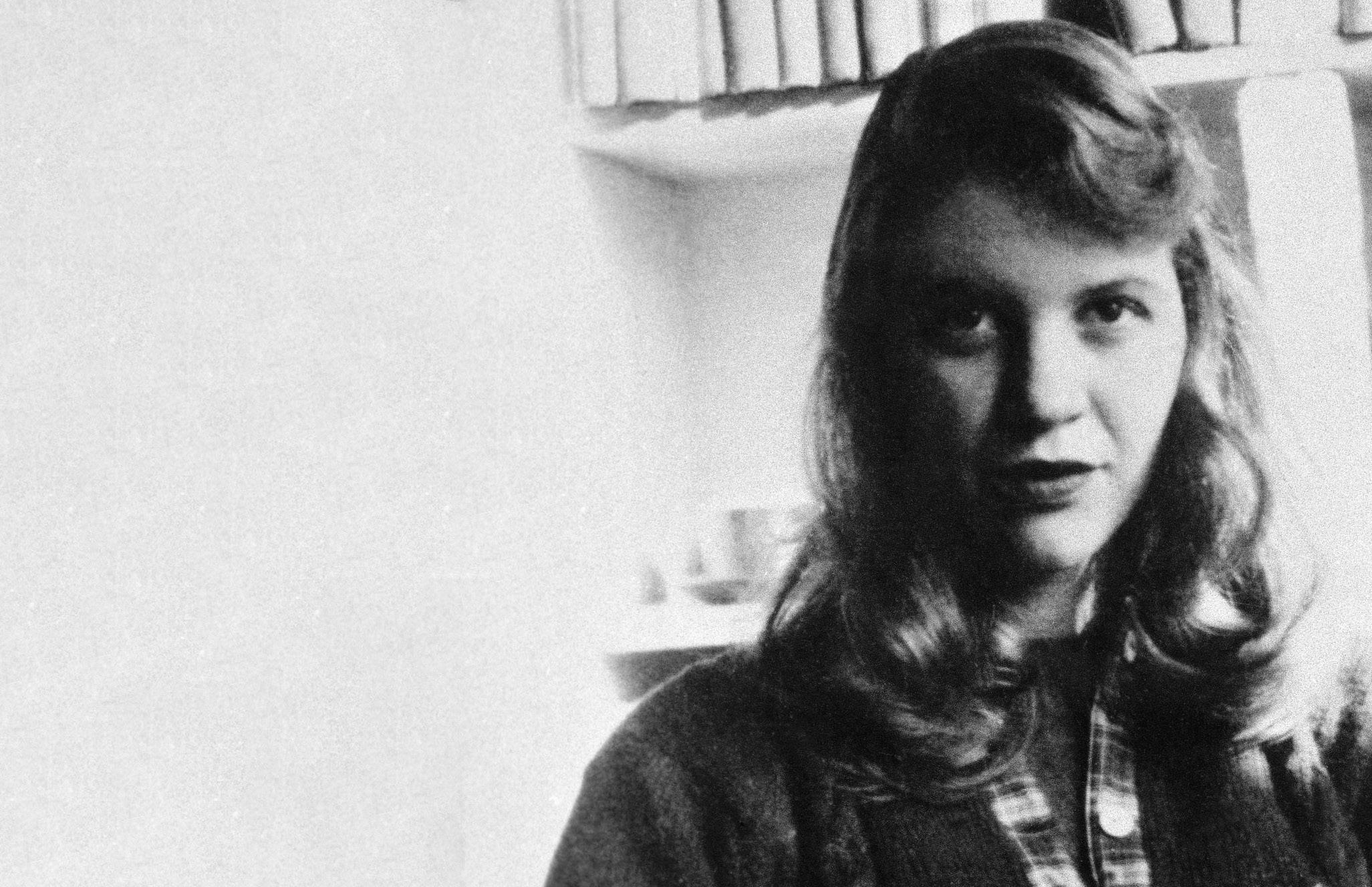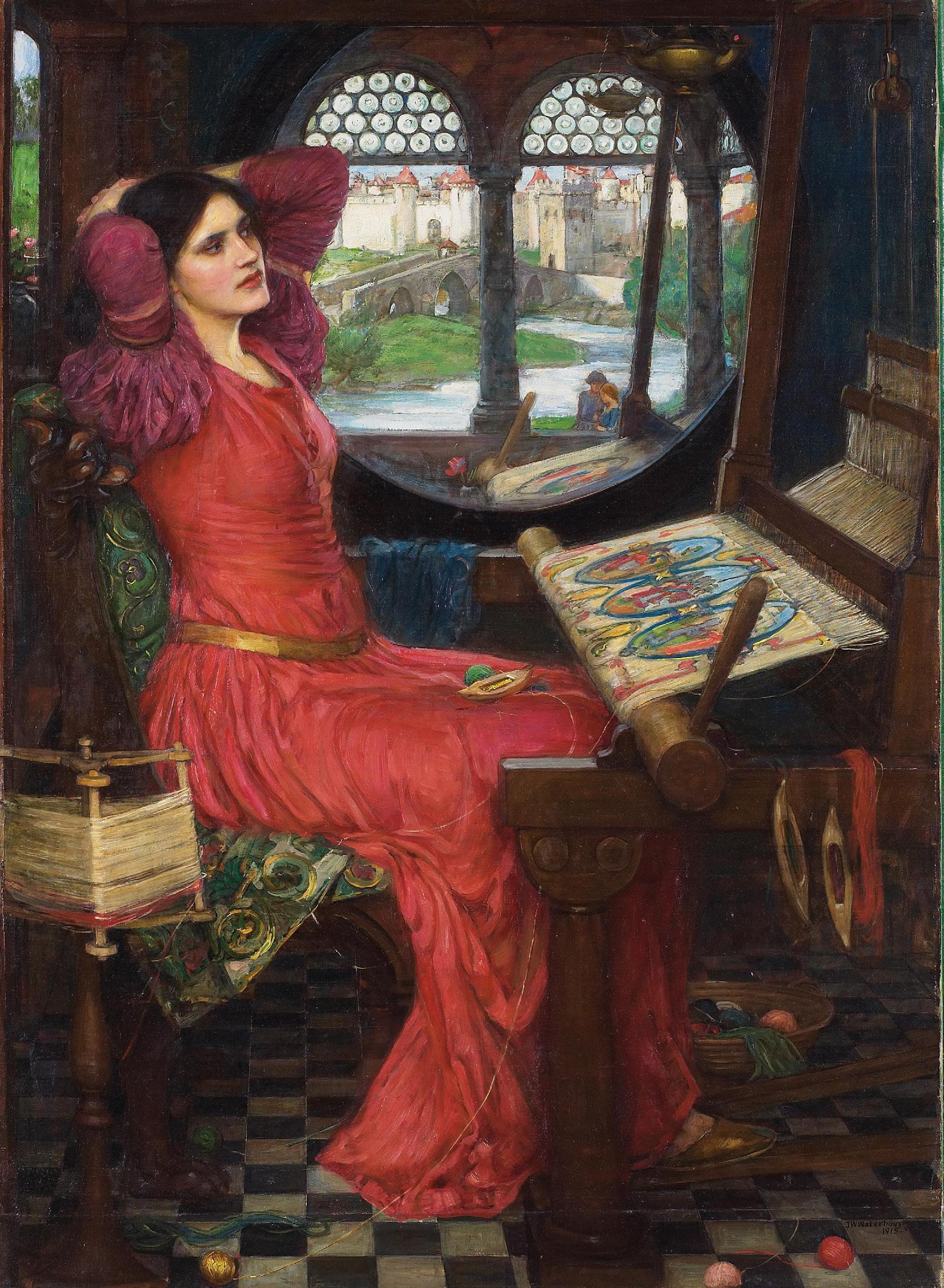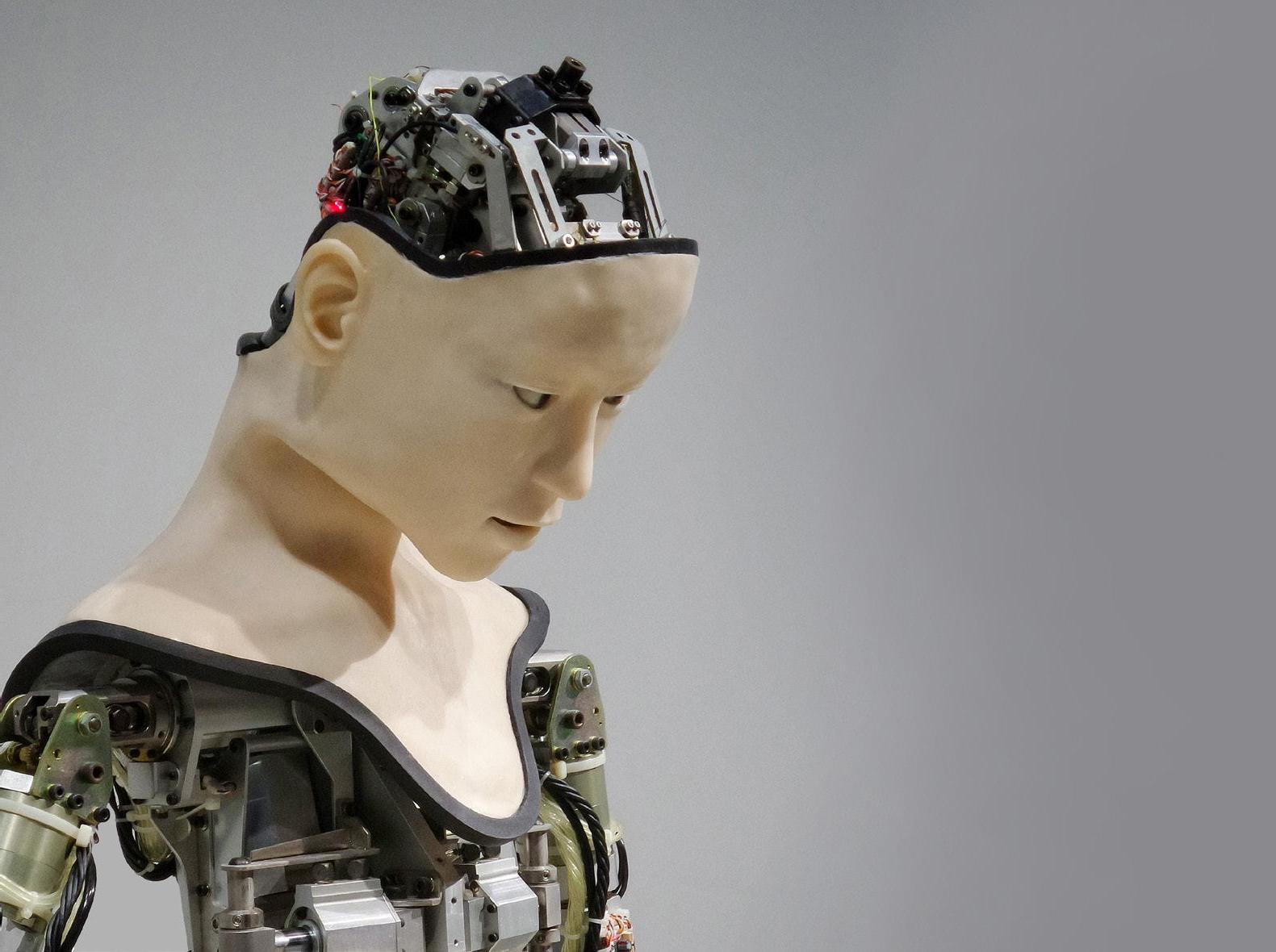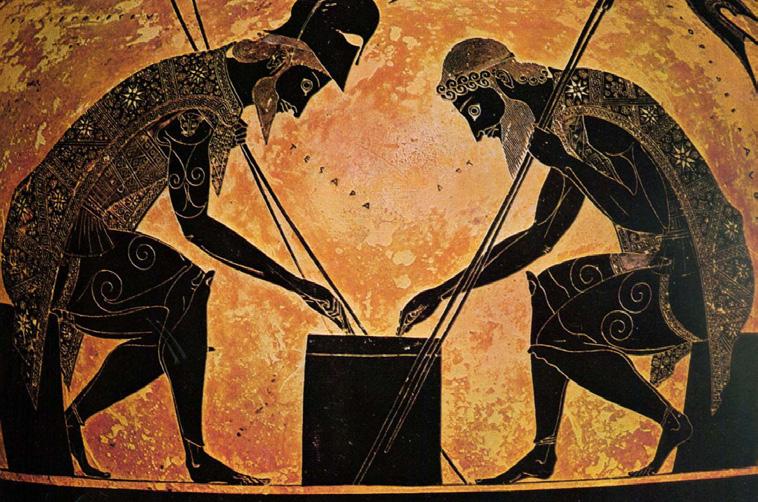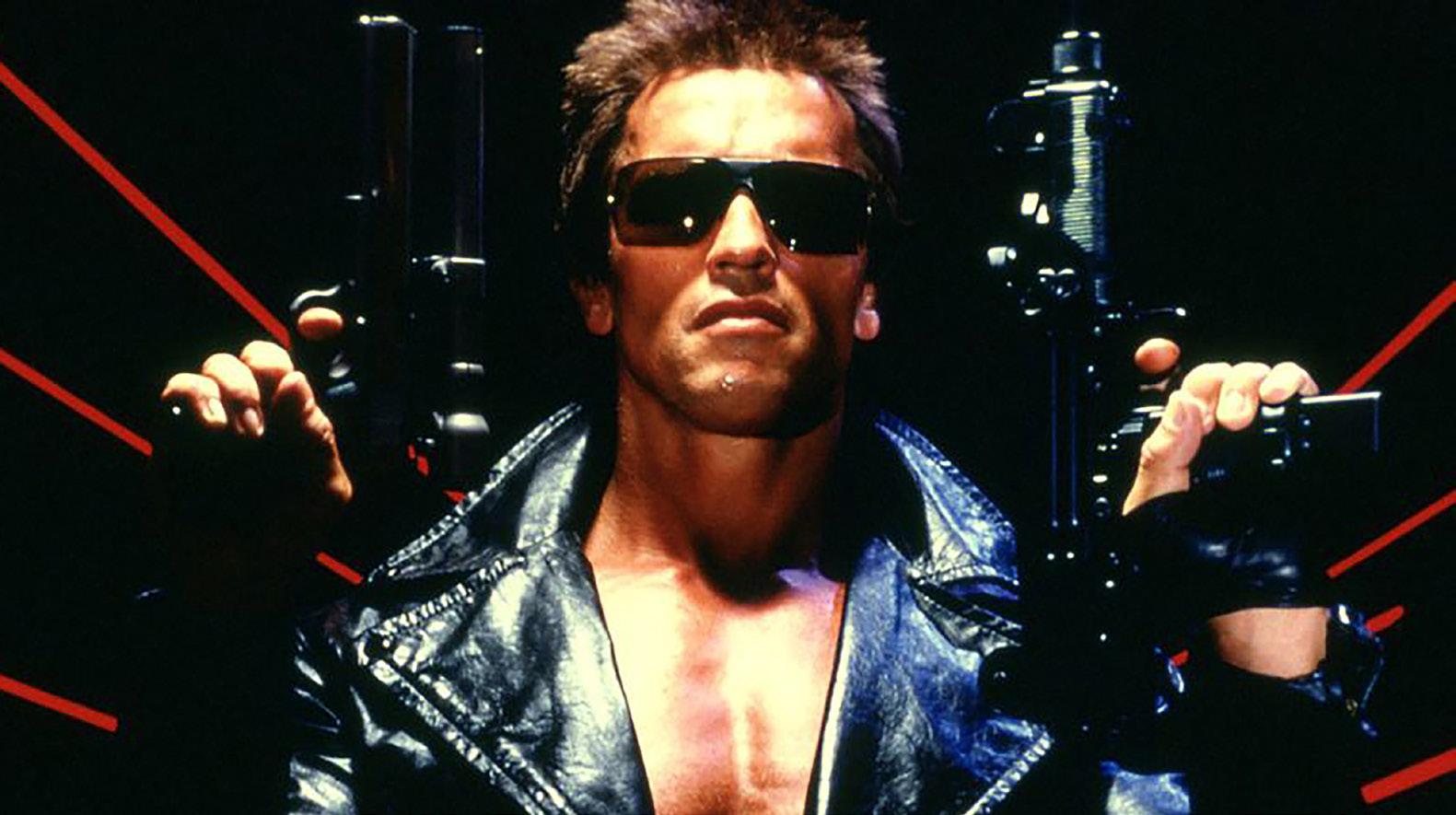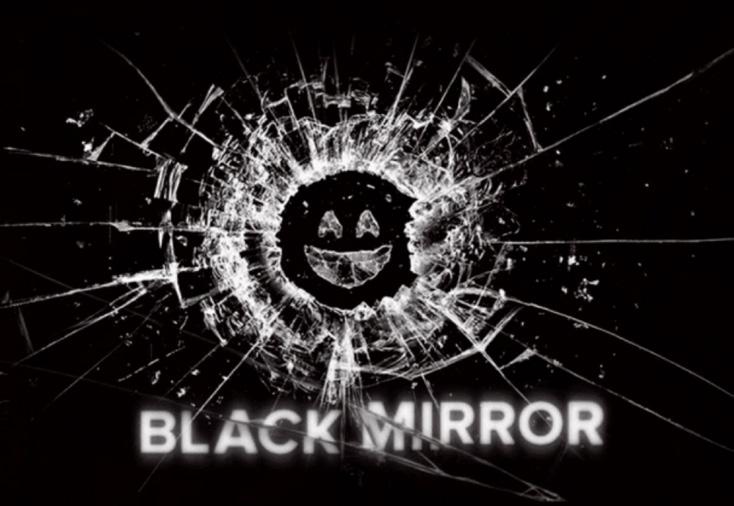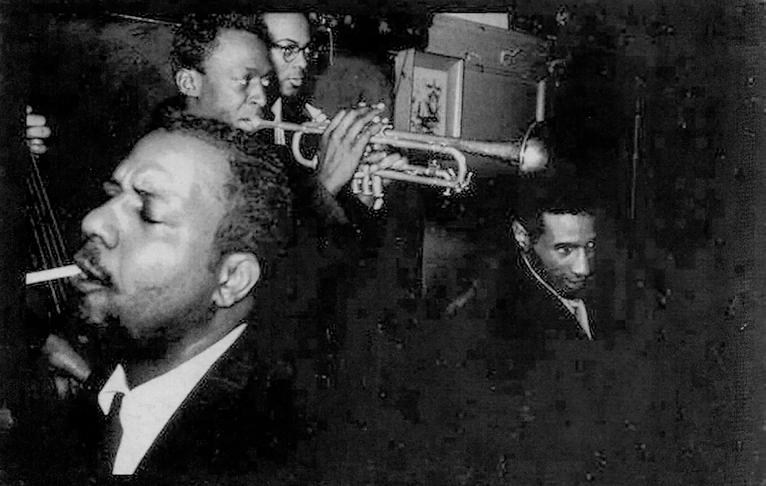Nicholas Lemieux YE AR 12
F
or most people, TV serves as a much-needed break from the stress of reality. Sometimes at the end of a rough day of work, we just want to sit down, relax and switch our brains off for an hour or so as we engage ourselves in a fictional world filled with characters and storylines that just strain credulity. We find entertainment in these shows as we know these manic and bizarre situations surely can’t happen in the real world. Sure, there’s a relatable aspect always there, but for the most part these larger-than-life characters and the wacky problems they find themselves in are just too silly to actually happen for real... ... Right? A TV writer’s main goal is, of course, to entertain their audience. Whether creating a reflection of the real world or an entirely different fantasy setting, they do not set out to achieve a complete replica of reality, much less predict what could happen in the future. Yet all too often, in an almost Nostradamus-like manner, these writers hit the nail right on the head by forecasting accurate outcomes in the real world. Life somehow imitates art and people, things, and stories meant to be entirely fictional somehow find their way into our reality. You could even make the case that most of the futuristic technology of Star Trek, like video calls and cell phones, are now just everyday parts of our society, demonstrating how much the times have changed since then and perhaps offering up some commentary on our own technological evolution. As a result, this can cause various one-off jokes and storylines to become either hilarious or harsher in hindsight, depending on your own perspective of things. Whether it’s some eerie coincidence or a genuine reflection of a still-possible dystopian society, it’s still a testament to the creativity and skills of these writers for accurately prophesising the world of tomorrow. Perhaps some of the most notable cases of TV accurately predicting the future come from the eternally upbeat and optimistic anthology show Black Mirror. The main intention of the sobering sci-fi series is to starkly remind us of our over-reliance on technology, how it easily has the power to cause us great harm; furthermore, it offers a look at the world around us to see where we may be catastrophically heading. Right off the bat,
22
P O RT S M O U T H P O I N T. B LO G S P OT.CO M
however, the show’s very first episode eventually turned out to have a truly shocking reality behind it. Aired back in 2011, “The National Anthem” follows a fictional British Prime Minister who, in order to save a member of the Royal Family from kidnappers, is forced to have sex with a pig on live TV. At the time of its broadcast, many regarded the episode as nothing more than a simple piece of clever commentary upon the constantly changing 24-hour news cycle as well as society’s general obsession with scandals and the humiliation of others. Four years later, however, the media frenzy of “Piggate” broke out after rumours broke out that then-PM David Cameron had committed sexual acts of sorts with a dead pig during his university years which quickly made headline news. Of course, there was never any proper evidence that the claim was true and series creator Charlie Brooker did have to quickly deny any prior knowledge of these accusations, calling it a “complete coincidence”. At bare minimum, however, the show did at least offer up an accurate prediction of what the public frenzy about such a specifically grotesque story would like, as is evident from the sheer humiliation Cameron faced worldwide. Similarly, some of the technological innovations put forth by Black Mirror, in its intentions to highlight the unanticipated consequences of new technologies, have scarily started to seep their way into reality as well. For instance, the episode “Nosedive” is set in a world where people can rate one another from one to five stars for every social interaction they have, which has an overall impact on their own standing in society as a whole. As a result, many of the relationships within this world turn out to be wholly insincere and the main character herself ultimately ends up losing her sanity in her pursuit of more likes and a consequent improvement in social status. Even marriages are shown to be out of mere convenience just to boost one’s own raring. Initially just a clever thought-provoking concept, this episode in particular has received much media attention after news broke out in 2016 that the Chinese government was legitimately toying with plans to implement a “social credit” system for their citizens. The initiative, which was planned for testing this year, would involve assigning each citizen a score determining decisions such as "whether you can borrow money" or "get your children into the best schools", and that actions such as "defaulting on a loan"

